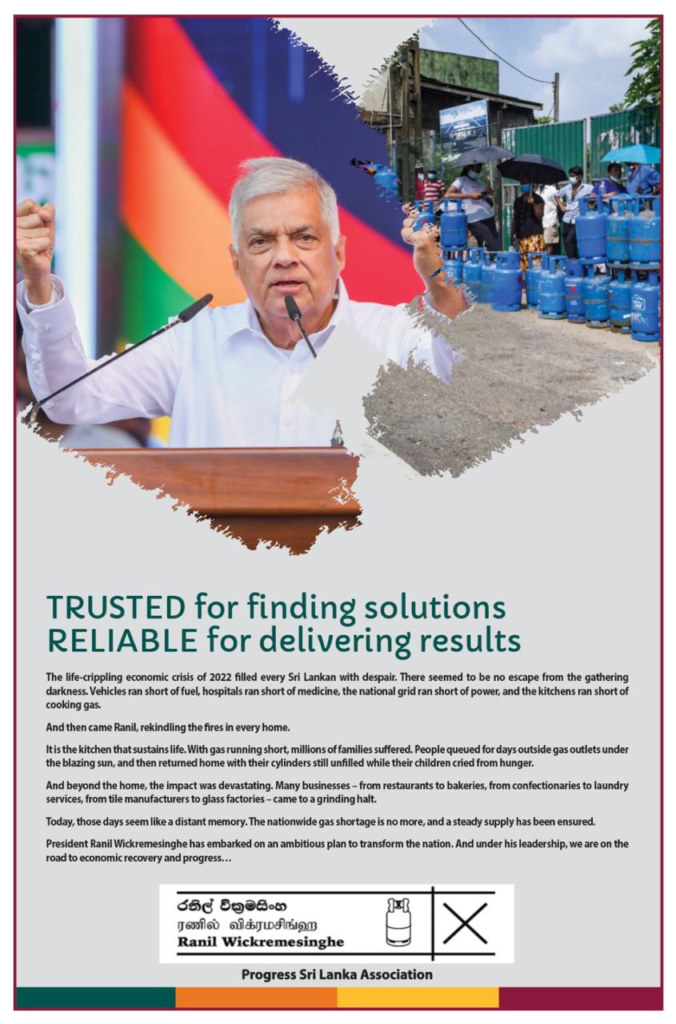September 04, Colombo (LNW): Sri Lanka is set to position itself as a regional leader in artificial intelligence (AI) with the recent approval of a national AI strategy by the Cabinet of Ministers. The strategy aims to enhance the country’s global competitiveness and economic resilience by 2030, with a focus on integrating AI across various sectors to drive innovation, efficiency, and growth.
The national AI strategy outlines a comprehensive roadmap for modernizing public services and boosting key economic sectors, including agriculture, manufacturing, energy, healthcare, education, and more. It emphasizes the need for increased investment in AI research and development (R&D), fostering innovation, and building the necessary infrastructure to support AI-driven initiatives.
Cabinet Spokesman and Minister Bandula Gunawardena highlighted the strategy’s goal of creating an empowered and digitized country, recognizing the transformative potential of AI in driving sustainable economic growth, reducing poverty, and ensuring equitable distribution of AI benefits across society.
Despite its progress in digital transformation, Sri Lanka has yet to make a significant impact on the global AI landscape. However, the government sees AI as a key enabler to boost efficiency in vital sectors such as agriculture, healthcare, and education, contributing to the nation’s economic transformation.
In agriculture, AI-powered drones and sensors could be used to monitor crops, optimize irrigation and fertilization, and improve yields, leading to more sustainable farming practices. In the manufacturing sector, AI could automate production lines, predict equipment failures, and optimize supply chain management, enhancing efficiency and global competitiveness.
The energy sector could benefit from AI algorithms that analyze energy usage patterns, optimize distribution, and enhance the efficiency of renewable energy sources such as solar and wind power. Similarly, AI-powered robots and drones could revolutionize the construction industry by streamlining processes and improving project outcomes.
In healthcare, AI is expected to improve diagnostics, enhance telemedicine services, and increase access to healthcare, particularly in remote areas. In education, AI-powered platforms can personalize learning experiences, improving student engagement and learning outcomes.
Sri Lanka’s national AI strategy also envisions leveraging AI in finance, retail, technology, tourism, real estate, telecommunications, mining, entertainment, food and beverage, aerospace, automotive, logistics, environmental services, defense, chemicals, media, pharmaceuticals, and professional services. By integrating AI across these diverse sectors, Sri Lanka aims to unlock new opportunities for economic growth, innovation, and prosperity.
As Sri Lanka continues to embrace AI, the country is poised to become a hub for technological advancements, driving a more sustainable, resilient, and inclusive future for its people and economy. The implementation of this strategy is expected to significantly boost Sri Lanka’s global standing, providing opportunities for technological advancements that benefit all levels of society




